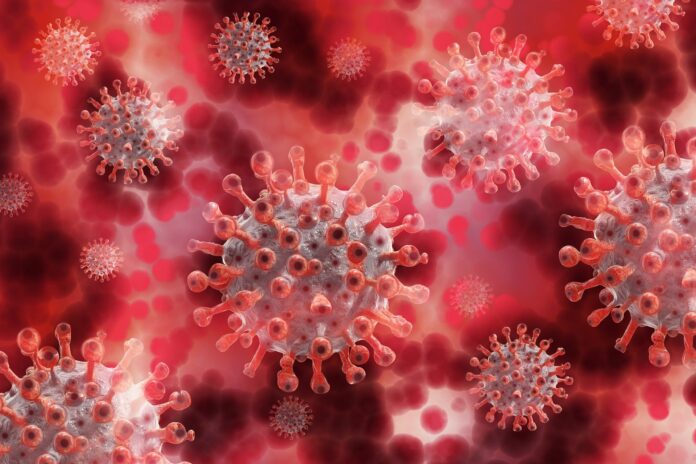Since the December of the past year, coronavirus vaccinations are being distributed in multiple countries around the world. Although the vaccines have been studied during their clinical trials thoroughly, follow-ups post-vaccination are deemed compulsory.
According to healthcare providers, spending a fixed amount of time in the hospital and reporting back any side effects is required for the prevention of any serious complications associated with the vaccines.
In addition, it also helps look at any effects they were not seen during the trial for improvement in the vaccine’s formula. This will not only help in minimizing adverse effects but also make containing future outbreaks easier.
At the moment, a number of side effects have been noted. For instance, people are expected to experience swelling on the injection site, fever, body pain, and lightheadedness after getting vaccinated.
The good news is that these are temporary and minor. Though there is a possibility of a serious allergic reaction to the vaccine, the chances are very low. There are only a handful of such cases, especially with the Pfizer and Moderna coronavirus vaccinations.
Also Read: Two New Variants of Coronavirus Found in California and New York
However, researchers have recently noted an unexpected association between coronavirus vaccines and breast cancer tests.
More specifically, it has been found that the outcomes of the vaccine may increase the chances of a false positive in breast cancer mammography. How does this happen?
After getting vaccinated, a person may experience a range of aforementioned adverse effects. One of the temporary issues is having swollen lymph nodes.
Lymph nodes are the past of the immune system and often swell due to various changes in the body. For example, a new substance from a vaccine can also cause swollen lymph nodes.
It is normal and does not stay for a very long time. In most cases, the issue also resolves on its own. Therefore, swelling may also occur after having the vaccination.
Though swollen lymph nodes are known to be common when having an infection or when getting any vaccination, they are also a major sign of breast cancer.
New reports published in the journals Radiology and Clinical Imaging examine this very issue and highlight the increase in false positives in breast cancer testing since January.
During breast cancer examinations, swollen lymph nodes in the armpit and near the collar bone have been commonly detected. Many times, people with false positives have also undergone further screening and biopsies.
At the same time, this issue can also have the opposite effect. Isolated swollen lymph nodes may be associated with coronavirus vaccine even in actual cases of breast cancer.
So, people are not recommended to delay their breast cancer screenings due to having the coronavirus vaccine. A specific time can be set between getting vaccinated and undergoing testing for breast cancer to avoid both false positives and false negatives.
Generally, a period of four to six weeks is enough to avoid any errors in diagnosis. It should also be noted that people with other signs of breast cancer such as discharge from nipples should visit their doctors and get tested as soon as possible.




